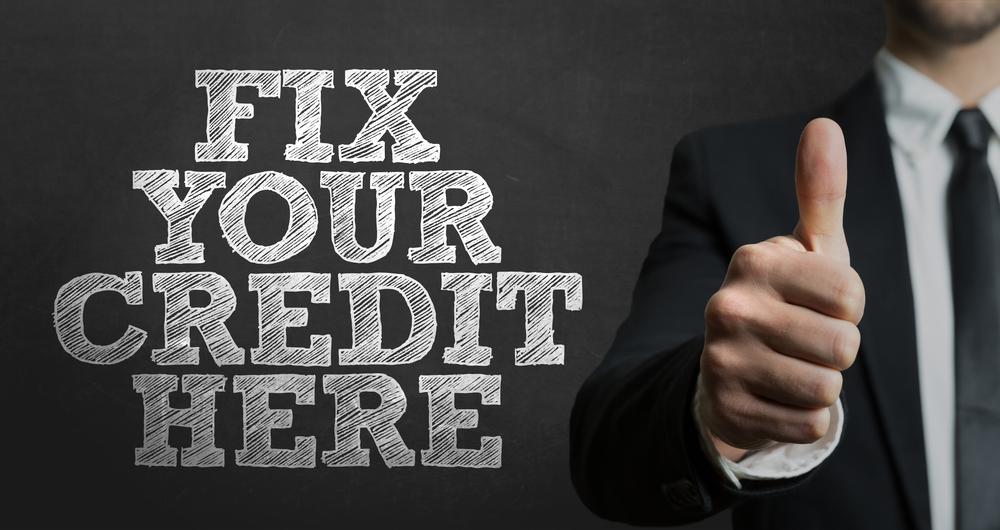Proven Methods to Enhance Your Creditworthiness
Learn effective strategies to improve your credit score, including choosing the right credit cards, responsible management, and monitoring your progress. Building good credit takes time but is achievable with disciplined financial habits and strategic choices.

Proven Methods to Enhance Your Creditworthiness
Many people encounter difficulties due to poor credit histories caused by factors such as bankruptcy, foreclosures, or missed payments. A low credit score can hinder approval for loans, rentals, mobile plans, and even job prospects. Despite the challenges, there are effective ways to establish or rebuild credit, including obtaining certain types of credit cards even with less-than-ideal scores. Consistent, responsible usage and strategic management can gradually improve your financial standing.
Selecting the appropriate credit card is a key step.
Unsecured credit cards: These are conventional credit cards that don’t require a security deposit. Approval depends on your income, employment, and credit history. While qualifying with poor credit can be tough, improved financial habits increase chances. These cards often carry higher interest rates and fees but can serve as a pathway to better credit management and future borrowing.
Secured credit cards are another option.
Secured credit cards: They require a cash deposit as collateral, which sets your credit limit. This deposit reduces lender risk and ensures accountability. All transactions are reported to major credit bureaus—Equifax, Experian, TransUnion—helping you build or rebuild credit through timely payments. Consistent responsible use can lead to qualifying for unsecured cards with more favorable terms, aiding in breaking the cycle of poor credit.
Maintaining secured card credit requires discipline. Consider these tips:
Use the card for small, regular purchases to show activity.
Pay all bills on time, including utility and rent payments, to avoid negative marks.
Keep credit utilization low by paying off balances quickly.
Avoid opening multiple new accounts at once to prevent negative impact.
Handle existing accounts responsibly before closing any.
When choosing a credit card for bad credit, evaluate factors such as:
Deposit requirements and affordability.
Interest rates and associated charges.
Ease of qualification and initial credit limits.
Reporting to all major credit bureaus.
Annual fees and APR.
Using free credit reports from AnnualCreditReport.com regularly can help monitor your progress. With perseverance and responsible credit use, you can see significant improvements over time.


